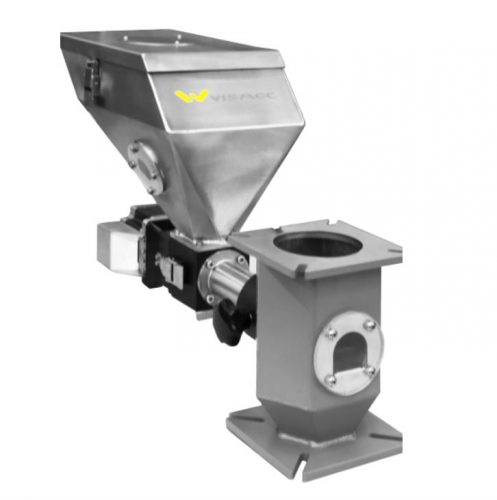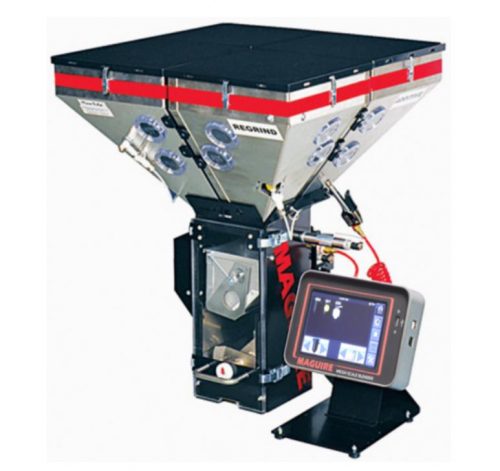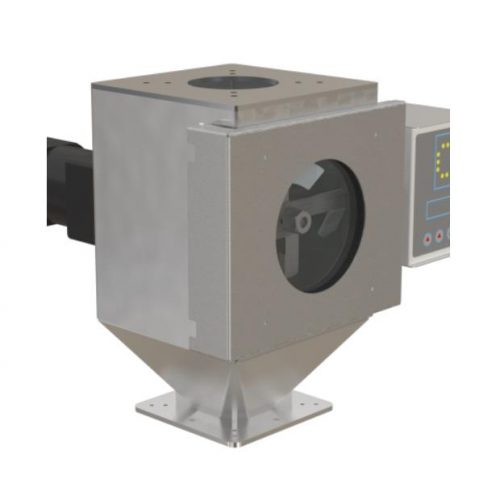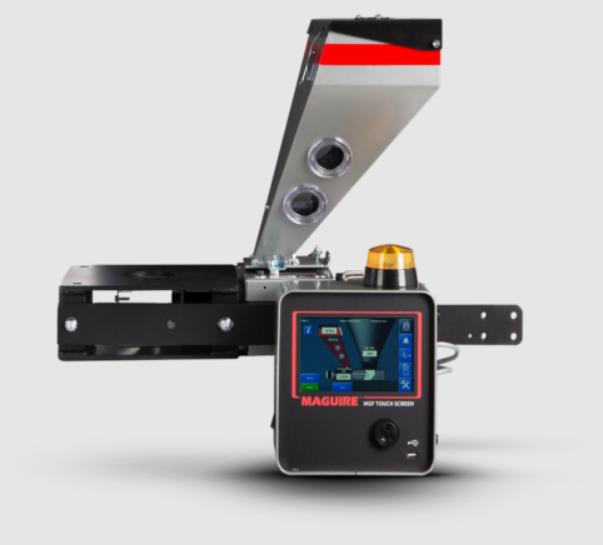What is a dosing screw, and which one should you choose?
A dosing screw is a mechanical device used for the transportation and dosing of solid, liquid, or viscous materials within a production system.
The operating principle of a dosing screw is similar to that of an auger that rotates inside a tube or channel. The rotation of the screw pushes the material forward, allowing for accurate transportation and dosing.
The dosing screw is primarily composed of a helical screw mounted inside a cylinder.
 The material to be dosed is introduced at the beginning of the screw, and thanks to the rotation of the screw, it is pushed towards the end of the cylinder, where it is discharged at the desired point, depending on the production process.
The material to be dosed is introduced at the beginning of the screw, and thanks to the rotation of the screw, it is pushed towards the end of the cylinder, where it is discharged at the desired point, depending on the production process.
The rotation speed and the profile of the screw determine the quantity of material dosed per unit of time.
In what context are they used?
In the production field of industrial workplaces, efficiency and precision in material dosing are crucial.
The right dosing screw can play a fundamental role in ensuring accurate dosing of powders, granules, and liquids throughout the various stages of the production process, avoiding waste in favor of your business.
But how do you choose the most suitable dosing screw for your needs?
In this article, we will explore the different aspects to consider in order to make an informed decision. We will examine the operation of the various types of dosing screws available on the market and provide some useful suggestions for choosing the best solution.
Which dosing screw to choose?
The first question is: how many types of dosing screws exist?
There are several types of dosing screws designed to fit the specific needs of various production processes.


Cylindrical section dosing screw. This type of screw has a uniform cylindrical profile throughout its length. It is suitable for dosing both powdered and granular materials.
Conical section dosing screw. The conical screw has a profile that gradually narrows along its length. This design is ideal for dosing viscous or difficult-to-transport materials.
Flexible dosing screw. This screw is made of a flexible material, such as rubber, which allows it to adapt to curves and tight angles. It is particularly useful when dosing materials at hard-to-reach points.
Multiple screw dosing screw. This configuration involves the use of multiple screws within the same cylinder. The screws work in sync to ensure accurate dosing, even for materials with different characteristics.
But, when selecting a dosing screw, several factors should be considered based on specific requirements and the nature of the materials being dosed.
Here are some parameters to take into consideration and that should determine your choice.
Material properties
Determine the characteristics of the materials, such as their flowability, viscosity, particle size, and abrasiveness. Different screws are designed to handle specific material properties effectively.
Dosage accuracy
Consider the level of precision required for the dosing process. Some screws offer higher accuracy and consistency than others.
Throughput requirements
Evaluate the desired material flow rate or production volume to ensure the selected screw can handle the required throughput effectively.
Environmental conditions
Take into account factors such as temperature, humidity, and the presence of corrosive or hazardous substances. Choose a dosing screw that can withstand and operate effectively in such conditions.
Space limitations
Consider the available space for installation. Flexible or compact screw designs may be suitable for constrained environments.
Maintenance and cleaning
Assess the ease of maintenance, cleaning, and disassembly of the dosing screw. Opt for designs that facilitate efficient cleaning and minimize downtime.
Compatibility with the production system


In conclusion, selecting the appropriate dosing screw requires careful evaluation of the specific needs of the production process.
By considering the characteristics of the material to be dosed, the dosing capacity, the required precision, and the environmental conditions, it is possible to identify the most suitable dosing screw to ensure accurate and efficient dosing.
Vismec volumetric and gravimetric dosing systems consistently guarantee precise and homogeneous mixtures.






































